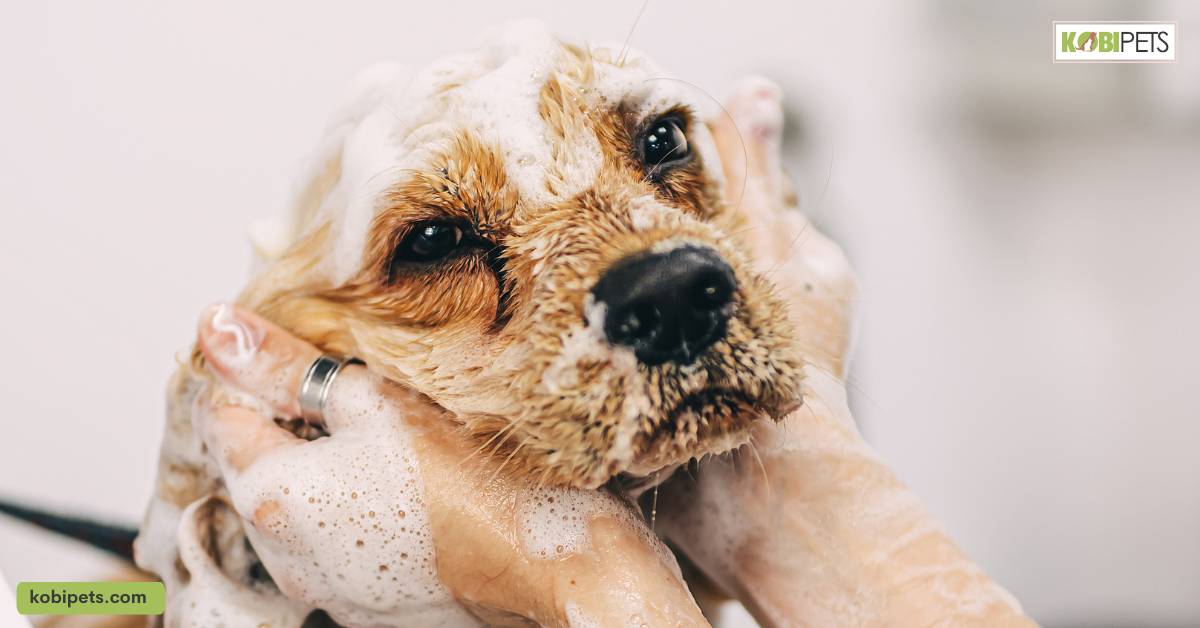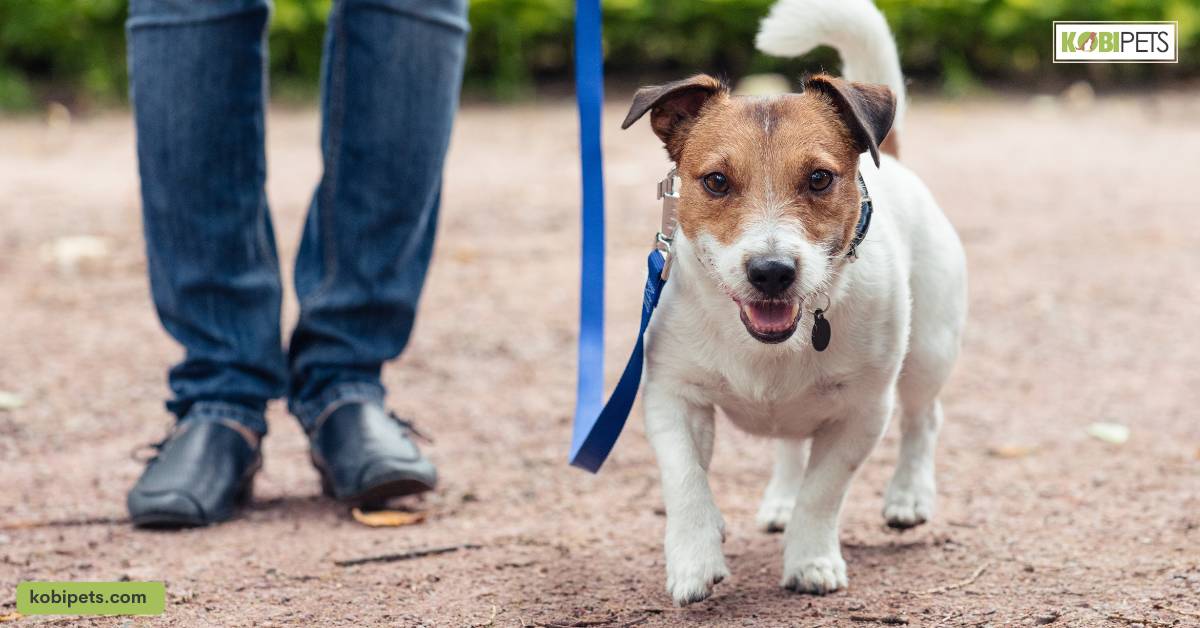If your furry friend is feeling under the weather, it can be a stressful time for both of you. Dogs are like family, and seeing them unwell can leave you feeling helpless. Fortunately, there are several ways you can care for your sick dog to help them feel better and recover faster.
Caring for a sick dog requires patience and understanding. Follow 8 essential steps to ensure your pooch gets back on its paws: grooming, tending to bathroom needs, encouraging activity, restricting playtime, adjusting diet, ensuring hydration, listening to the vet & monitoring for stress & anxiety.
1. Groom Your Pet
Grooming is not just about maintaining your pet’s level of cleanliness, it is also about maintaining their physical health. This includes brushing their fur to remove any dirt, dead hair, and skin cells.
It also helps in spreading their natural oils across their coat, giving them a shiny and healthy appearance. Bathing should be done with dog-specific shampoos that are gentle on their skin.
Regular grooming sessions also allow you to check for any abnormalities like ticks, fleas, dry patches, infections, or issues with their nails, teeth, ears, and eyes. Remember, a clean dog is a happy and healthy dog.
2. Tend to Your Dog’s Bathroom Needs
When a dog is sick, it’s especially important to pay close attention to their bathroom habits. Changes in frequency, color, or consistency can provide crucial insights into your dog’s health.
Ensure that your dog has plenty of opportunities to relieve themselves and that their environment is kept clean to prevent the spread of pathogens. If your dog is having trouble going to the bathroom, or if you notice blood or an unusual color, contact your veterinarian immediately.
This could be a sign of a serious health issue. Additionally, remember to keep your pet hydrated to support kidney function and assist in flushing out toxins.
3. Encourage Your Pet to Be Active
When caring for a sick dog, it is important to find the right balance between exercise and rest. Depending on your pet’s illness, you may need to limit their activity or provide additional support as they move around.
Start slow with short walks and gradually build up their stamina each day. This will not only help them regain strength but also keep their mind stimulated as they participate in activities they enjoy.
Just remember to take things day by day and always follow the advice of your vet.
4. Playtime Should Be Restricted
While playtime is an essential part of your dog’s routine, it’s crucial to restrict it when they’re unwell. Overexertion may worsen their condition or delay recovery.
Instead, opt for gentle play that won’t tax their energy levels excessively, like soft toys for indoor play or calm cuddle sessions. Monitor your dog’s condition closely during these interactions, and if they show signs of discomfort or fatigue, it’s time to stop and let them rest.
Remember, moderation is key when your pet is sick, and your vet can provide further guidance on suitable activities.
5. Take Care of Your Pet’s Diet
Just as with humans, a balanced and nutritious diet is crucial for a sick pet’s recovery. Adjust your dog’s diet in consultation with your vet, as certain illnesses might require special dietary considerations.
If your dog has lost their appetite, try enticing them with small amounts of their favorite food, but be careful to avoid anything that might exacerbate their condition. Hydration is equally critical, so ensure fresh water is always available for them.
Opt for easily digestible foods that are high in vitamins and minerals to support their immune system. In some cases, your vet might recommend dietary supplements to provide your dog with the necessary nutrients they need to get better.
Always remember to follow your vet’s dietary recommendations closely, as overfeeding or underfeeding can lead to other health complications.
6. Always Keep Water On Hand
Hydration is absolutely essential for your dog’s recovery. Always ensure that your pet has access to fresh, clean water. This helps regulate their body temperature, aids digestion, and flushes out toxins. If your dog shows signs of dehydration, such as lethargy, dry gums, or decreased urine output, contact your vet immediately.
You may need to encourage your pet to drink more often, either by adding water to their food or using a pet water fountain to entice them. Remember, maintaining proper hydration is a simple, but crucial step in your dog’s road to recovery.
7. Remember To Listen To the Vet
Your veterinarian is the best source of advice when it comes to caring for your sick pet. They have the knowledge and experience to diagnose and treat a variety of illnesses. Always ensure that you follow your vet’s instructions closely.
If they prescribe medication, administer it as instructed and don’t stop it prematurely. If they suggest dietary changes or restrictions on physical activity, adhere to them.
Take note of any changes in your dog’s behavior or symptoms and keep your vet informed. Remember, your vet is your partner in ensuring your pet’s health and well-being.
8. Check for Stress and Anxiety
Stress can exacerbate a pet’s illness, so it is important to identify if your dog is feeling anxious or overwhelmed by their condition. Monitor their behavior closely and look out for signs of distress such as panting, pacing, excessive grooming, or hiding.
If you notice any of these behaviors, contact your veterinarian immediately. They can provide tips to help alleviate your pet’s stress, such as introducing them to aromatherapy or playing calming music during treatment.
Remember, when it comes to caring for a sick dog, the goal is not just physical recovery but also emotional healing.
In conclusion
Caring for a sick dog requires patience, understanding, and a lot of love. Remember to follow the 8 steps outlined above grooming, tending to bathroom needs, encouraging activity, limiting playtime, adjusting diet, ensuring hydration, listening to your vet, and monitoring for stress and anxiety.
With the right care and attention, you can help your dog recover more quickly and ensure they’re comfortable during the process. Just remember, every dog is unique and what works for one may not work for another, so be flexible and attentive to your dog’s individual needs.














